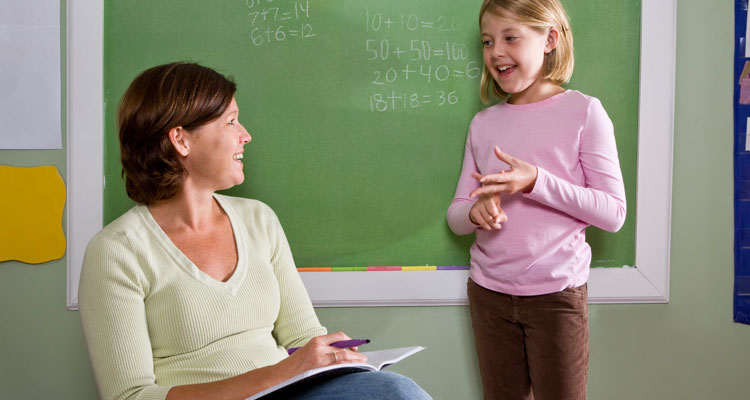If your child were to grade you as a parent, how would you fare on your 2015 report card?
Some moms and dads are finding out, permitting their children to mark them in a multitude of subjects with parent report cards made available on websites such as Modern Mom and the Creative Therapy Store, which offers one card for children ages 7 through 12 and a teen version for ages 13–17.
Subjects on the Modern Mom Report Card range from: “Does your parent make you feel safe?” and “Does your parent spend quality time/play with you?” to “Does your parent pack good lunches/snacks?” and “Is your parent fun?”
Most parents probably believe they deserve, at minimum, an A for effort—juggling work and family with involvement in their children’s education and activities. Like teachers, parents often don’t have enough hours in the day to accomplish all their goals, let alone merit an A. Some days, a B-plus is all you can muster.
But how do kids see it? And, should it really matter?
The very notion of children awarding A through F grades to these kinds of questions reminds parents just how subjective grading can be. One person’s idea of quality time might be perceived as an opportunity to complain or interrogate by someone else.
Ashley Austrew, on the website Mommyish, says the concept of having children dole out the grades holds parents to “unattainable standards” of good parenting.
“Presumably, someone who can get an A in all categories is doing it right, while the parents who can’t afford to pay an allowance or who don’t have as much time for ‘fun’ because they work three jobs are failing,” Austrew writes. “The parent report card is an exercise in vanity for people who already have it pretty good. Just by nature of having time to print it out, give it to your kids to fill out, and talk about it, you’ve already proven that you’re thoughtful, concerned, and privileged enough that you have time to ponder whether or not such arbitrary things are fail-worthy.”
Actress Brooke Burke-Charvet, best-known for her co-hosting stint on Dancing with the Stars, is now co-CEO of ModernMom. In her blog post “I Dare You To Take This Test,” Burke-Charvet talks about being worried about how she would score with her own four children on the 28-item questionnaire that gives kids the chance to weigh in on everything from how parents act in public to how they monitor social media activities.
“I really didn’t know what my kids thought of me until I asked them to grade my parenting skills,” she blogged. “This exercise also reminded me of some little things that really are big things to them . . . their perception of us may surprise or hurt a little, but it’s great to start conversations.”
Therein resides the genuine benefit.
The concept of a parent report card is not in itself a terribly bad thing when used effectively. It can remind adults that what they’re doing, what they’re saying, and the kinds of examples they’re setting—even if completely positive, reasonable, and altruistic in their mind—might be interpreted differently through the eyes of their child.
Rather than ask the student to actually fill out a report card, parents might find it more useful to assess the subject matter and use it to discuss topics of concern with their children. Using the grading concept as a tool—and like report cards, a way to periodically monitor progress—parents might be surprised to learn how they are grading out.
From that vantage point, Project Appleseed offers a 31-question self-diagnostic tool to help parents rate their contributions to their child’s educational success. Those topics provide an excellent checklist for consideration and discussion without risking the embarrassment of receiving a failing grade from a fifth grader.
Additionally, K12 offers a world of learning tools for parents as well as students at all grade levels. Visit K12’s Learning Liftoff for a wide range of parenting tips and activities for students of all ages.


























































